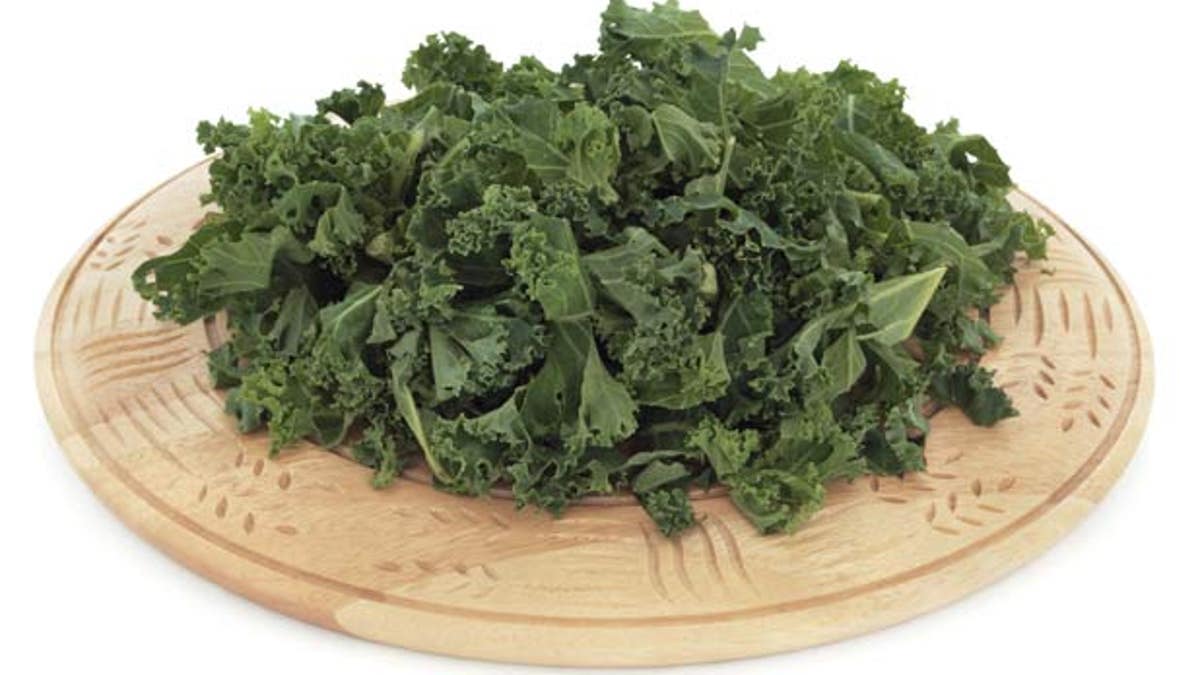
Summer is all about warmer weather and fresh foods. It’s the perfect time of year to start eating nutrient-dense foods that fight inflammation. A decade of digging into the source of my illness has shown me that chronic inflammation is the root cause of many ailments.
Exposure to toxins (pesticides, cigarette smoke, alcohol, chemicals in processed foods, refined oils, refined salt and refined sugar), stress, lack of exercise and genetic predispositions can all contribute to inflammation. Learning how certain foods influence your inflammatory process is a wonderful way to reduce inflammation, increase your energy and keep you feeling young and vibrant.
My Anti-Inflammatory Grocery Guide lays out a list of foods that can help you maintain optimum health. It’s important to focus on vitamins, minerals, essential fatty acids, fiber and phytonutrients for decreased inflammation and increased energy. Remember that reducing inflammation is not just about what you eat. It’s about making lifestyle changes and creating an overall approach to a well-rounded low-stress lifestyle. Try my 10 Day Clean Eating Cleanse and my 1 Month Detox Plan to Fight Inflammation & Aging to get you started and download my anti-inflammatory meal plan from the link above to stock your pantry with the foods that will help reduce inflammation and keep you feeling energized and healthy for overall well-being.
- Get your fiber from fresh fruits, vegetables, raw nuts and seeds, and gluten-free whole grain instead of processed foods sold in boxes that claim to be high in fiber. Aim for 30-35 grams of fiber each day.
- Minimize the amount of processed foods that you eat and fill your plate with whole, one-ingredient foods such as avocado, flaxseeds, berries, etc.
- Look for gluten-free foods with whole grains (try Crunchmaster 7 Ancient Grains Crackers) instead of white flour or white rice flour.
- Aim for a variety of fresh fruits and vegetables each day.
- Drink purified water with lemon throughout the day. Avoid tap water.
- Eat cruciferous vegetables (broccoli, cauliflower, arugula, etc.)
- Choose organic as often as possible. Conventional (non-organic) crops carry pesticides, and herbicides, while conventional animal products such as dairy, eggs, chicken, meats, etc. contain growth hormones and antibiotics in them.
- Enjoy Omega 3 fatty acids such as flax oil, flaxseeds and walnuts to help fight inflammation.
- Avoid refined oils, saturated and trans fats. Use extra virgin olive oil, avocado, nuts and seeds for healthy fats.
- Add spices such as curry and ginger as well as cayenne that can have anti-inflammatory properties.
Here are a few recipes you can whip up tonight to get you started on your Anti-Inflammatory Lifestyle:








































